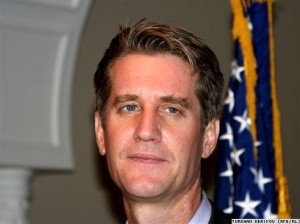

The cemetery once had thousands of intricately carved Armenian cross stones. Videos that emerged in late 2005 showed Azerbaijani troops attacking the UNESCO-protected gravestones. They elicited condemnation from the European Parliament and other bodies.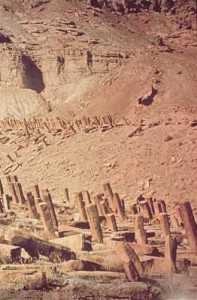

2006 report by the London-based by the Institute for War and Peace Reporting (IWPR) confirmed that the cemetery has vanished. The IWPR said its journalist was near enough to see that the cemetery was gone.
In a statement posted on its website, the U.S. Embassy in Azerbaijan said Bryza tried to travel to Djulfa during a two-day visit to Nakhichevan that ended on Thursday.
“The ambassador’s request to visit Djulfa was denied,” the embassy said. “But authorities in Nakhchivan did discuss the Djulfa Khachkars in detail with Ambassador Bryza and pledged to work with him to facilitate a visit to the Djulfa cemetery in coming months.”
“As I pledged to do in Washington before arriving as Ambassador, I traveled to Nakhchivan to investigate what happened in Julfa,” Bryza was quoted as saying. “As I said at the time the cemetery destruction was reported, the desecration of cultural sites – especially a cemetery – is a tragedy, which we deplore, regardless of where it happens.”
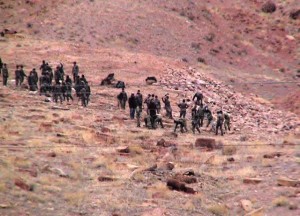

Bryza served as U.S. deputy assistant secretary of state from 2005-2009. His alleged failure to “meaningfully respond” to the destruction of Djulfa’s cemetery was among the reasons two U.S. senators who blocked the congressional endorsement of Bryza’s candidacy. They pressed Bryza on why he waited three months to condemn the reported desecration.
Bryza told them in July that he needed time to look into those reports. “I asked our embassy to investigate what had happened, and as that information came in and it became clear to me what had happened, then, absolutely, I publicly issued that condemnation,” he said.
Pashinyan’s Visit to Turkey and Beyond
By KRIKOR KHODANIAN At the invitation of Turkish President Recep Tayyip Erdoğan,…
- MassisPost
- June 29, 2025
- No comments
- 3 minute read
“I Still Can’t Believe What Happened on June 20”
By LUSYEN KOPA Exactly three months ago, I wrote an article titled…
- MassisPost
- June 26, 2025
- No comments
- 4 minute read
Anniversary of the Immortality of the Twenty Hnchakian Heroes
By KRIKOR KHODANIAN 110 years ago these days, the prominent figures of…
- MassisPost
- June 15, 2025
- No comments
- 3 minute read
The Eternal Memory of the Twenty Heroes
By BARKEV TAVITIAN Every year on June 15, the global Hnchakian family…
- MassisPost
- June 13, 2025
- No comments
- 3 minute read

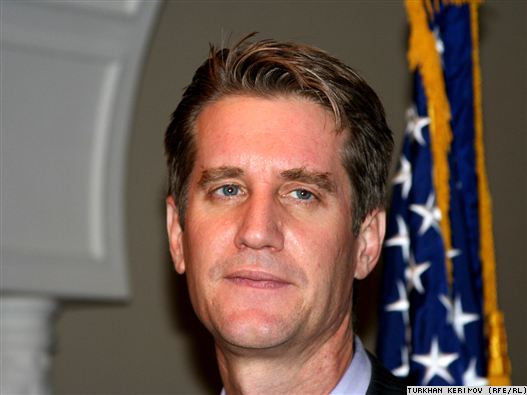
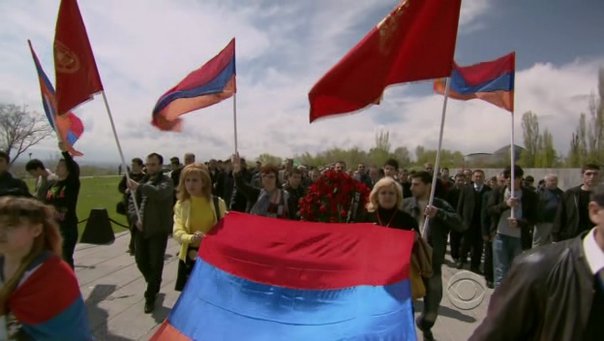
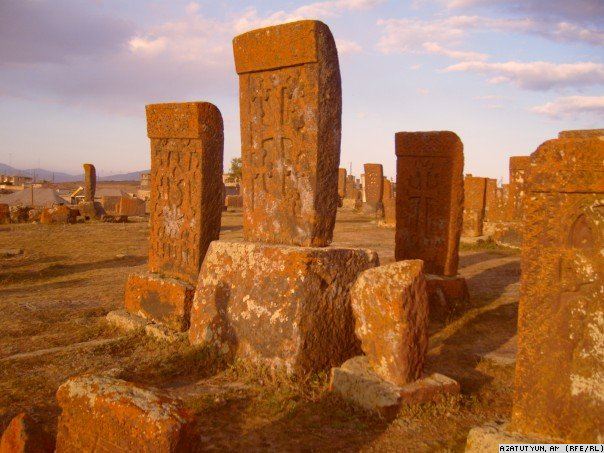
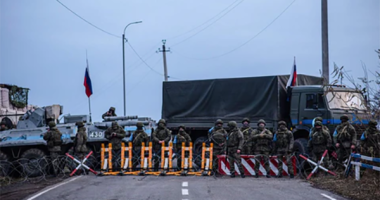
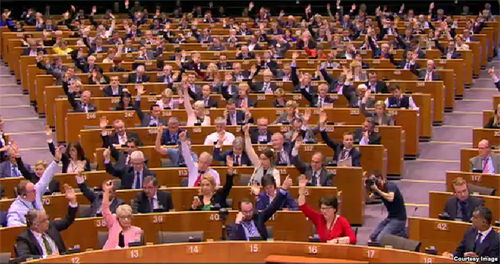
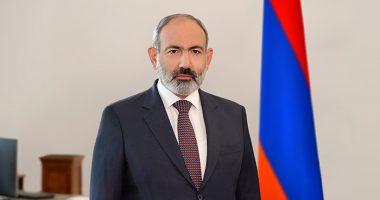




1 comment
Matthew Bryza and the Marie Yovanovitch go to Deir-Zor and take Hilary and Obama with you.